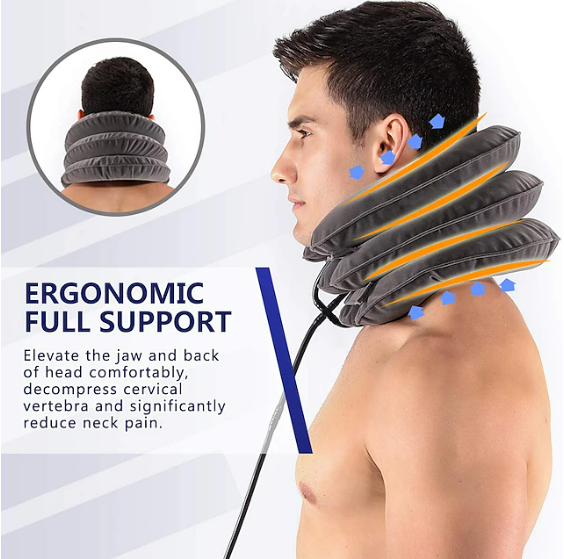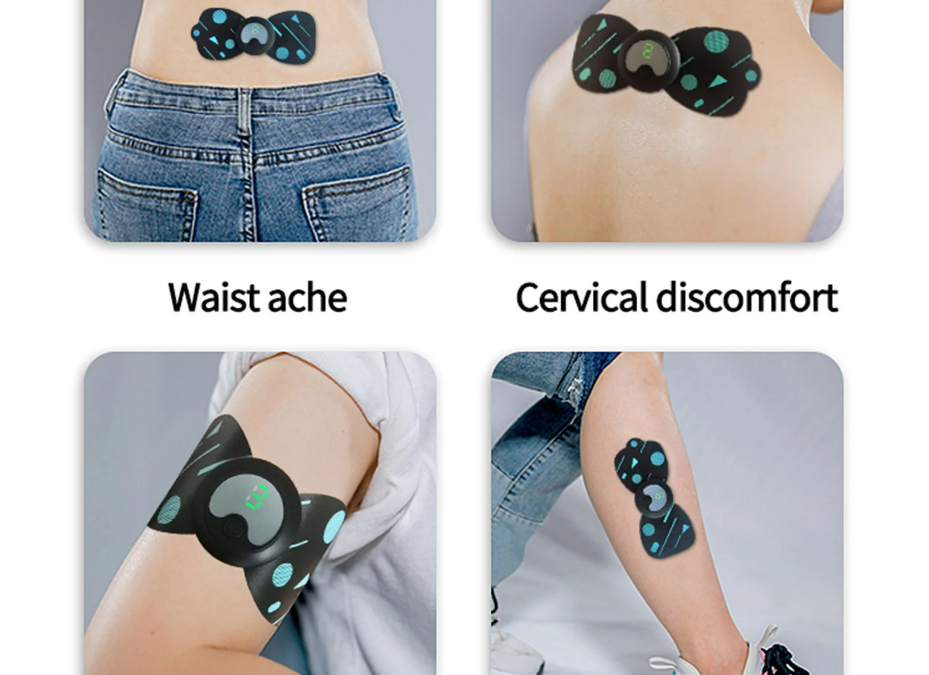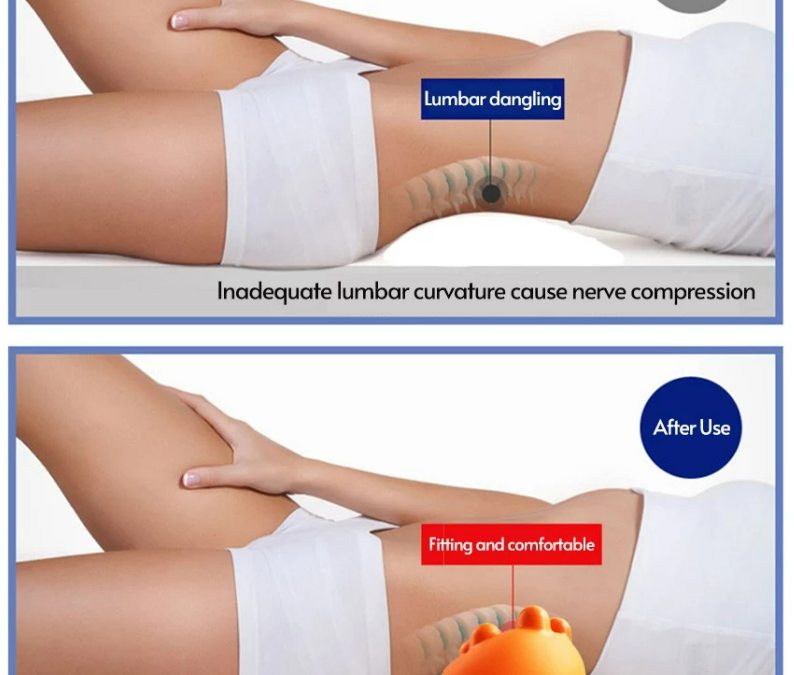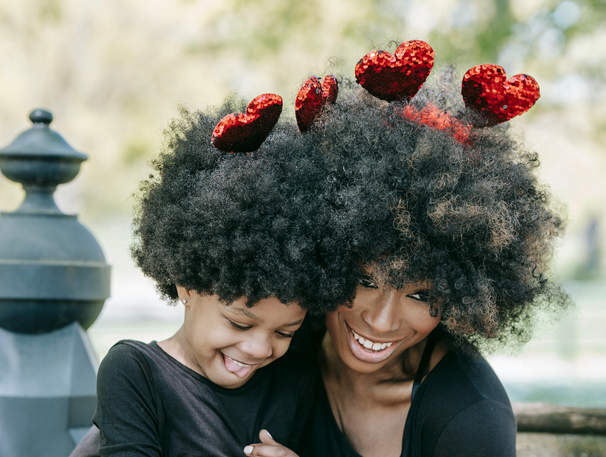Why We Lose Hair – and What Really Works for Growth
Hair has always been a powerful symbol of identity and personal style, yet for many people, it becomes thinner with age. By the time we reach 50, nearly half of both men and women experience noticeable hair loss. While genetics play the largest role, lifestyle choices and environmental factors can significantly influence the process. Understanding the causes of hair loss and the science behind hair regrowth is essential for anyone looking to maintain strong, healthy hair.
Common Causes of Hair Loss
Contrary to popular myths, frequent washing or brushing does not cause baldness. The majority of hair loss cases are inherited, known as androgenetic alopecia. However, secondary factors can accelerate thinning, including:
-
Stress and anxiety – chronic stress can trigger hair shedding.
-
Smoking – studies show it damages hair follicle DNA and reduces blood flow to the scalp.
-
Environmental toxins – heavy metals like mercury may trigger loss.
-
Chronic illnesses – autoimmune conditions or thyroid disorders can disrupt normal hair growth.
Interestingly, reducing exposure to mercury-rich seafood, such as tuna, has in some cases allowed hair to grow back naturally. Genetics set the baseline, but lifestyle and environment influence how quickly hair is lost.
Diet and Hair Health
Nutrition plays a critical role in maintaining hair density and strength. Diets high in processed foods, sugar, and poor sleep habits are linked to increased rates of male and female pattern baldness. Conversely, certain foods may support hair regrowth and overall follicle health:
-
Raw vegetables and fresh herbs – rich in antioxidants that protect follicles.
-
Soy products – contain phytoestrogens linked to better hair retention.
-
Pumpkin seeds and pumpkin seed oil – a study showed men gained 40% more hair density compared to just 10% in a placebo group.
-
Chili peppers – compounds that may stimulate circulation to the scalp.
Eating a plant-rich diet, staying hydrated, and maintaining good sleep hygiene can make a measurable difference in hair health over time.
Do Supplements Really Help?
Biotin (Vitamin B7) is often marketed as the “hair vitamin,” but research does not support supplementation for people who already consume a balanced diet. In fact, excessive biotin can interfere with critical blood tests, including thyroid panels and heart health diagnostics.
Other supplements, such as zinc, vitamin D, and omega-3 fatty acids, may support hair health in cases of deficiency, but they are not miracle cures. The best approach combines a nutrient-rich diet with targeted interventions when necessary.
Medications and Proven Treatments
Currently, only two FDA-approved treatments demonstrate consistent results in slowing hair loss and encouraging regrowth:
-
Finasteride (Propecia) – an oral medication that reduces DHT levels, slowing male pattern hair loss. Side effects may include sexual dysfunction, which can persist in rare cases even after stopping treatment.
-
Minoxidil (Rogaine) – a topical solution that stimulates hair follicles and encourages regrowth. It may cause scalp irritation in some users.
These treatments are most effective when started early. Combining them with healthy lifestyle habits can maximize results.
Lifestyle Habits for Healthier Hair
Protecting and promoting hair growth is less about chasing miracle cures and more about consistent, science-backed habits:
-
Stress management – meditation, exercise, and mindfulness reduce shedding caused by stress.
-
Balanced, plant-rich diet – supports follicle health and combats deficiencies.
-
Avoiding toxins – reducing smoking and heavy metal exposure protects follicles.
-
Proper scalp care – gentle washing, avoiding harsh chemicals, and stimulating blood flow through massage.
Even small adjustments in daily routines can improve hair thickness, shine, and overall scalp health.
Why Hair Health Matters
Hair is not only an aesthetic feature—it reflects overall health. Many conditions, such as thyroid imbalances, nutritional deficiencies, and stress, manifest first through hair loss. Understanding the causes and using evidence-based interventions ensures a holistic approach to maintaining hair health.
Ultimately, protecting your hair requires a combination of:
-
Science-backed treatments (like finasteride or minoxidil)
-
Nutrition and lifestyle adjustments
-
Realistic expectations about growth rates and density
The goal is to nurture stronger, fuller hair over time while maintaining overall wellness.
Key Takeaway
Hair loss is a natural part of aging, but genetics are only part of the story. Lifestyle, diet, and targeted treatments significantly impact how much hair you retain and how well it grows back. By combining proper nutrition, stress management, and scientifically proven medications, individuals can protect their hair and support healthy regrowth.
This holistic approach emphasizes long-term hair health over quick fixes, ensuring that hair is stronger, healthier, and resilient. Taking care of your body, your diet, and your scalp is the most effective strategy for maintaining a full, vibrant head of hair.

Thermo Woolen Belt® for Lower Back and Stomach
Thermo Woolen Belt®Lower Back & StomachThermo Woolen Belts are natural healthcare products,...

Abdominal Muscle Stimulator for Health & Training
Cervical Neck Traction Device for Instant Neck Pain Relief - Inflatable & Adjustable Neck...

New Healthcare Hand Robot Rehabilitation Gloves: Hand, Finger Training, Recovery Exercise
Health Gadgets new healthcare hand Robot rehabilitation gloves for stroke patients Physical...

Rechargeable Cordless Massage Patch for Pain Relief
Portable Cordless Massage Patch Rechargeable Pain Relief Massager - Electric Muscle Stimulation...

Back Stretching Device with Massage Board & Brace
Back Massage Board Brace Back Stretching Device Massager BoardKeep the same posture for a long...
Improve Sleep with SLEEPON – Smart Technology for Better Sleep and Health
Improve Sleep with SLEEPON: The Smart Way to Rest Better In today's fast-paced world, good sleep...
Heart Health Through Lifestyle: Lessons from Okinawa
Heart Health Through Lifestyle — Lessons from Okinawa Okinawa, a group of subtropical islands in...
Fall Reset: Autumn Wellness Tips for Body and Mind
Fall Reset: Preparing Your Body & Mind for Autumn As the warm, long days of summer fade into...
Join
Health With Us







0 Comments